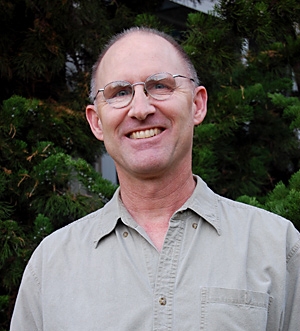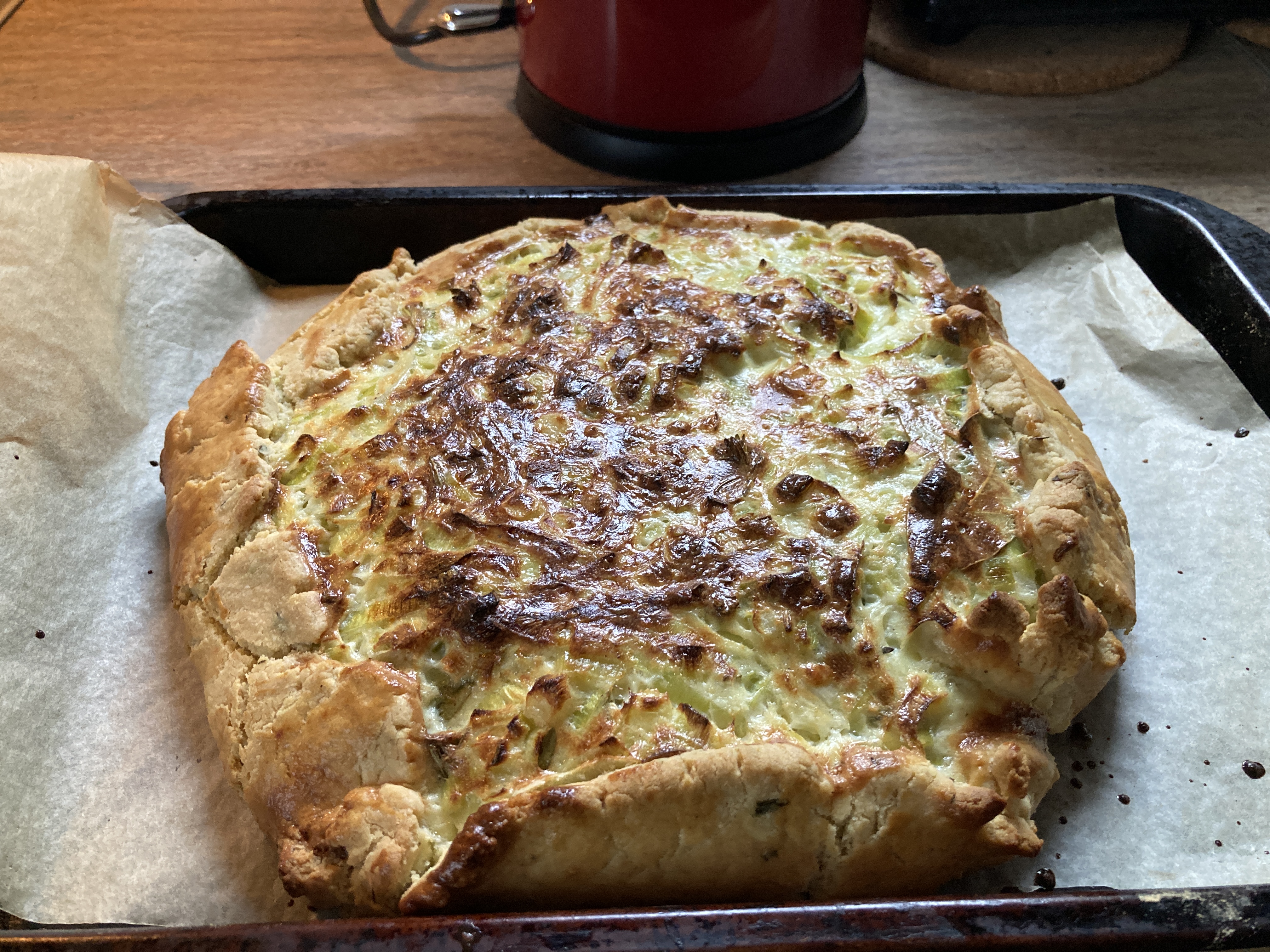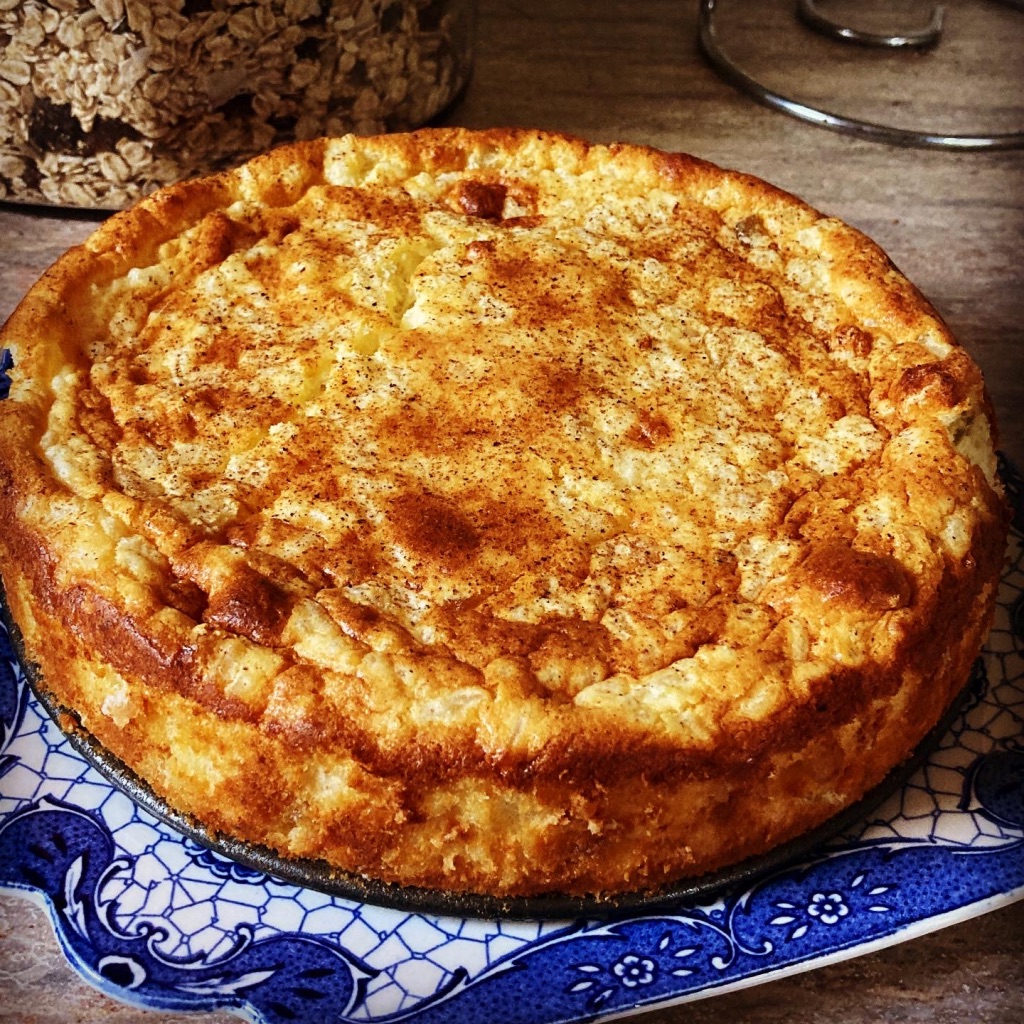Steve Chambers is the co-writer of the Radio 4 comedy drama HighLites with Phil Nodding. He’s the author of GLADIO: We can Neither Confirm nor Deny. and his feature film, Hold Back the Night, starring Sheila Hancock (Parallax Pictures, dir. Phil Davis), opened Critics Week and won the Prix du Public de la Ville de Cannes. He was the former programme leader in Creative Writing MA at Northumbria University.
Tell me what inspired you to write your (debut) novel?
The middle section began life as a TV idea about a real event. I’d been working with a journalist and he’d covered the story of a murderous rampage in and around the Yorkshire town of Malton in 1982. He unearthed a number of disturbing facts before being warned off by the Special Branch. Apart from anything else, the warning confirmed that story had ‘legs’ and fiction appeared a good way of investigating further. I came up with an outline which was commissioned by Yorkshire/Tyne Tees just before they were taken over by Granada TV who weren’t interested in the idea. A few years later, I was offered some money to work on a novel and I returned to the original story.
What came first the characters or the world?
The world came first because that was the starting point.
How hard was it to get your first (debut) book published?
Well, I worked on it for nine years. First draft for 18 months forllowed by a rejection then after three years another draft and further rejections and then another gap before two mates read it and gave helpful feedback at which point I was going to self-publish using Amazon but then Martin Ellis had a look at it (he attended aradio drama course I gave at the Lit&Phil in Newcastle and asked to have a read). He had lots of suggestions but they were all (most anyway) good ones
How many publishers turned you down?
Too many. These days, people don’t bother getting back to you.
What kind of reactions have you had to your book?
From readers (i.e. punters), the vast majority are very positive.
What’s the favourite reaction you’ve had to your book?
There’s a couple of reviews on the kindle site which are very positive, detailed, thoughtful and I’ve no idea who the reviewers are.
What can you tell us about your next book?
It’s about an ordinary person, a woman in her fifties who lives in rural Northumberland and comes across a dishevilled stranger in the church where she changes the flowers twice a week. When people come looking for the stranger and he begs the woman not to give him away, She lies for him and finds herself plunged into a conspiracy about a privatised UK poisons laboratory. The provisional title is ‘The Dark Months’.
Do you take notice of online reviews?
Of course. You can’t ignore feedback.
Would you ever consider writing outside your current genre?
Yes, I’ve written a comic short story about a disgruntled writer and I think that character might be fun to explore.
What did you do before (or still do) you became a writer? Which author(s) inspire you?
It’s a long time since since I did anything else. I wrote scripts for stage, TV and radio and then I taught scriptwriting at a university for 10 years. The authors that inspire me are usually ones that I enjoy. That’s usually conspiracy thrillers so John Le Carre, Helen Dunmore, Mick Heron, Alan Furst, Abir Mukherjee – I loved Raymond Chandler and Phillip Kerr and James Ellroy’s early stuff.
Which genres do you read yourself?
I read the kind of stuff I write – I’m fascinated by the art of storytelling. Occasionally, I’ll read something else – Hilary Mantel for historical fiction or Joanne Harris or Kate Atkinson. I also like reading actual history books – I’ve just finished ‘A History of the Anglo-Saxons’ by Marc Morris. I’m an avid consumer of modern conspiracy exposes – Luke Harding’s book about the murder of Litvinenko – ‘A Very Expensive Poison’ – is detailed and useful.
What is your biggest motivator?
There are lots of drivers – when I was writing dramas, money was a motivator but I think it’s the idea of trying to do something as well as you can and getting to an end point.
What will always distract you?
Just about anything if it’s not going well and nothing if things are on a roll. A writer should be imprisoned in a black box with no distractions at all.
How much (if any) say do you have in your book covers?
Some but not enough.
Were you a big reader as a child?
Yes, I read voraciously as a kid. The usual stuff – Enid Blighton, Richmal Crompton, W.E. Johns and then when I was a teenager, I read all of George Orwell’s stuff.
Do you have a favourite bookshop?
Not really. I like any bookshops – second-hand and new.
What books can you not resist buying?
Ones that appeal to me.
Do you have any rituals when writing?
I like the room I’m working in to be clean and tidy. A writer friend of mine said she needed ‘external calm for the inner turmoil’. That’s it exactly.
How many books are in your own physical TBR pile?
Between 5 and 10.
What is your current or latest read?
‘A Necessary Evil’ by Abir Mukherjee
Any books that you’re looking forward to in the next 12 months?
The ones in my TBR pile that I haven’t read yet.
Any plans or projects in the near future you can tell us about?
I’ve been researching a detective story set in Nottingham in 1950. I grew up in Nottingham and I’d like to investigate the world of my parents and grandparents. 1950 was the start of the future.
What inspired you to write the genre you do?
Not sure – I’ve always been drawn to stories that uncover the truth no matter what the consequences. My Dad died when I was very young and it disfigured my mother’s life and mine and my sister’s when we were growing up. Stories on TV always seemed to have happy endings but ours didn’t and I wonder if that’s where the need to bear witness to awkward truths began.












